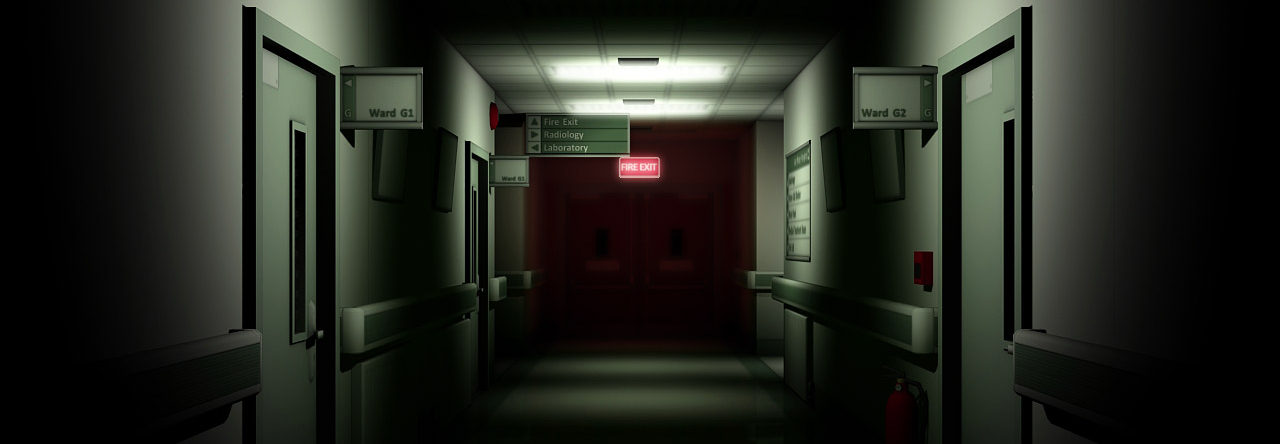
No, this isn’t as good as the movie — but it’s just as odd. Like I warned you, I jump around. Yesterday, I mentioned that I was the “good kid,” and in a lot of ways, that just made me more naive. Why? Because my view of the world was shaped by shows like Leave It to Beaver and The Brady Bunch.
In those worlds, the worst thing that could happen was Alice finding cigarettes in Greg Brady’s jacket — and even that got treated like he’d joined a cult. There was no room for gray areas. No real problems. Just 30-minute life lessons wrapped up with a smile.
So yeah, I had a skewed view. I didn’t know life could take any other trajectory. And when the real world didn’t line up with that safe, sitcom blueprint, I didn’t know how to process it.
Let’s talk Gen X for a minute. There are plenty of jokes out there — latchkey kids, raised by television, borderline feral but polite in public. The memes are accurate. Our parents really did need those late-night PSAs asking, “Do you know where your children are?”
We figured out early that saying less was better. Give just enough information to avoid consequences. Technically, it was lying by omission — but really, it was about keeping the adults from having to do anything. Most of us are terrible liars. We just don’t talk much.
So what does any of this have to do with the price of tea in China?
Glad you asked.
When you’re raised in a world where forgetting to set the table is treated with the same gravity as grand theft auto, it warps your internal compass. I developed this constant, low-grade fear that I’d done something terribly wrong — even when I hadn’t. If someone wanted to “talk,” I didn’t know if it was about napkins on the counter… or a five-state killing spree.
(Not really. Usually only three or four states.)
That kind of anxiety doesn’t leave. And it definitely shaped how I saw myself — especially when I did start making real mistakes.
Let me give you an example. Early in my nursing career, when I was learning how to start IVs and draw blood, I remember saying, “I don’t know how anyone could ever put a needle in themselves.”
Cue the future: almost 30 years later, there I was — doing exactly that. And I could still hear my 20-something self, full of judgment and disbelief, saying those words like a ghost in the room.
Addiction wasn’t something that was supposed to happen to me. I was the good kid. I wasn’t the kind of person who hid cigarettes in his jacket. I followed the rules. I watched Brady Bunch.
But here we are.
Look, it was bad. It was the wrong solution to a real problem. I don’t justify it. But when you live with someone who’s constantly altered, the only way I could stand to be near them — in my home, in my space — was to alter myself.
I didn’t help myself. I made things worse. My health suffered.
But here’s the twist no one saw coming: I started to understand.
For almost three decades, as “nursing poo,” I’ve listened to patients with substance use disorders. I assessed, I nodded, I tried to connect. But when I was in it myself, those stories — the ones I’d heard a hundred times — finally clicked in a different way.
Now, let me be crystal clear: this is not a recommended path to empathy. There is no merit badge for living it firsthand. If anything, it’s a cautionary tale — not a guide.
But it changed the way I see people. And it changed the way I see myself.
And maybe, just maybe, that’s worth something.
Remember to be the kind of person your dog and your mom hope you are

